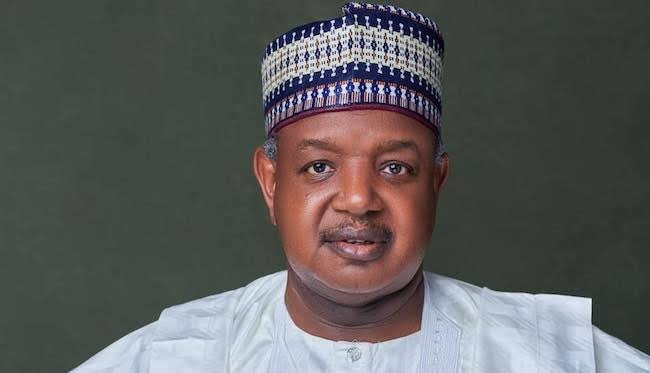By John Ikani
Nigeria’s commitment to tackling climate change remains unwavering despite a tough economic climate, according to the nation’s Minister of Budget and Economic Planning, Senator Abubakar Bagudu.
Speaking at a forum on unlocking climate finance for Nigeria’s low-carbon future, Bagudu, represented by Special Assistant Bolaji Onalaja, acknowledged the nation’s vulnerability to climate change, citing desertification, mangrove degradation, and frequent floods.
“Climate action is crucial for Nigeria,” Onalaja emphasized, highlighting the devastating impacts already felt across the country.
The forum, co-organized by the Africa Policy Research Institute (APRI) and Enzi Ijayo Africa Initiative, focused on finding practical solutions to finance Nigeria’s energy transition.
While acknowledging the budgetary constraints and competing priorities like boosting oil and gas production and controlling inflation, Onalaja pointed to the government’s dedication to climate action.
Evidence of this commitment includes the establishment of an energy transition fund within the 2024 budget and the implementation of the Presidential CNG initiative, promoting the use of compressed natural gas.
Africa Must Lead the Charge on Climate Solutions
In his opening remarks, APRI’s Executive Director, Olumide Abimbola, stressed the urgency of African-led solutions.
“Africa has borne the brunt of climate change despite minimal contribution,” Abimbola noted, citing a staggering $31 billion in losses due to extreme weather events between 2012 and 2018.
Abimbola emphasized Nigeria’s pivotal role, given its population size, economic strength, and oil production. He highlighted the shifting global landscape, where climate considerations are increasingly influencing access to financing.
“Plans lacking a climate focus are struggling to attract investment,” Abimbola warned. “Nigeria needs to navigate between reducing reliance on fossil fuels and accelerating renewable energy investments.”
Securing Climate Finance: Action Speaks Louder Than Words
Abimbola pointed out that Nigeria’s current climate financing inflows, at around $2 billion annually, fall far short of the actual need.
“Attracting more funds requires demonstrably well-defined plans rooted in our realities,” Abimbola argued. “Bold statements alone won’t suffice.”
The forum emphasized the need for Nigeria to develop practical pathways for achieving low-carbon growth that align with development priorities and build resilience against climate impacts.
“Are we doing the right things effectively?” Abimbola challenged. “Should we explore more flexible climate strategies? How can Nigeria balance adaptation and mitigation efforts? Should we prioritize consumer-driven adoption of climate technologies over top-down policies?”
The conversation underscored the importance of internal reflection and crafting actionable plans to unlock the billions in potential climate finance and secure a sustainable future for Nigeria.



































